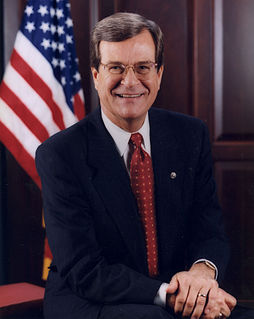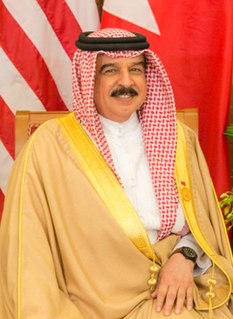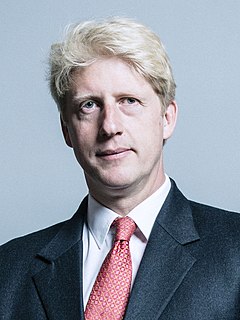A Quote by Crispin Blunt
There is a tendency for the British establishment to work out everything very carefully and then present it to parliament as 'a take it or leave it' choice. And then ministers wonder why they have difficulties in parliament.
Related Quotes
Parliament is for discussion. Parliament is to show dissent. Parliament is to give an argument for one's opposition, to present an argument when they support. To uphold this basic spirit of Parliament, is the responsibility of every person who values democracy. It is the responsibility of those present in the Parliament and those outside. It is the responsibility of those in power and those not in power. This is a matter of spirit and it should be followed.
No doubt, you've got a parliament now - I mean, Malcolm Turnbull says he'll work with the parliament he's got. He's got a parliament where a majority of the members of parliament want that law to be changed. He's got a parliament where there's a majority in each House who have publicly said they want to have a Royal Commission into banks.
Europe has shown how government can be organised in a network. Its institutions both compete and co-operate and include a directly elected parliament that does not appoint the executive, independent judiciaries and a complex set of relationships between the Commission, the Council of Ministers and the Parliament.
The power of discretionary disqualification by one law of Parliament, and the necessity of paying every debt of the Civil List by another law of Parliament, if suffered to pass unnoticed, must establish such a fund of rewards and terrors as will make Parliament the best appendage and support of arbitrary power that ever was invented by the wit of man.
It goes to local authorities and even to members of Parliament so that individual citizens almost become people who want to sit and wait for their member of Parliament to come and solve the problem. Now that won't take you anywhere. And if you follow it, you will see that it feeds corruption in the country.
































